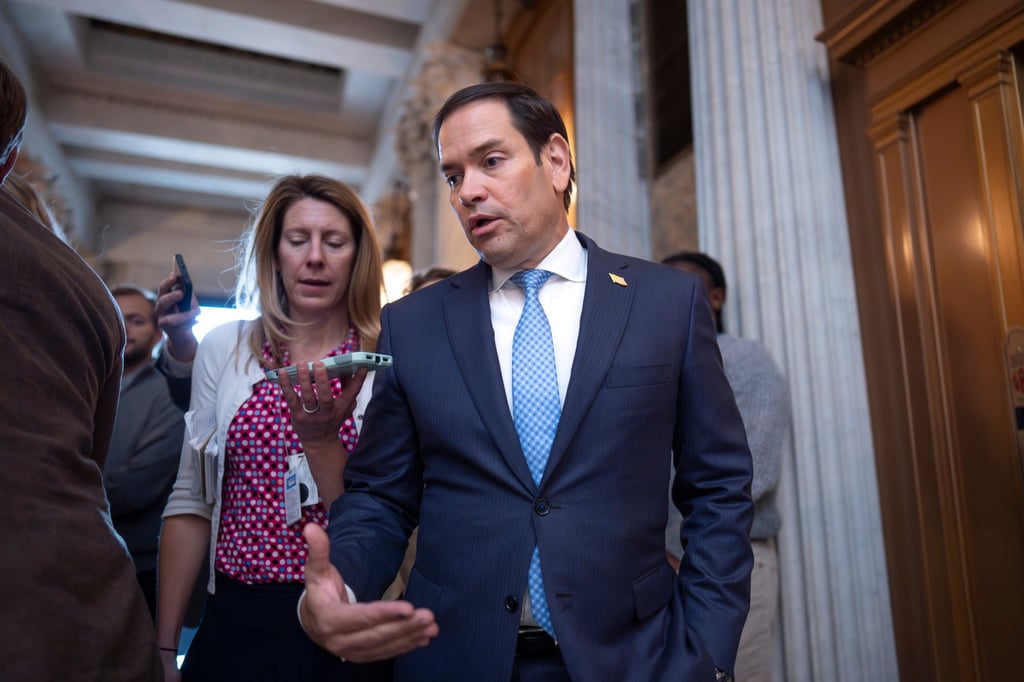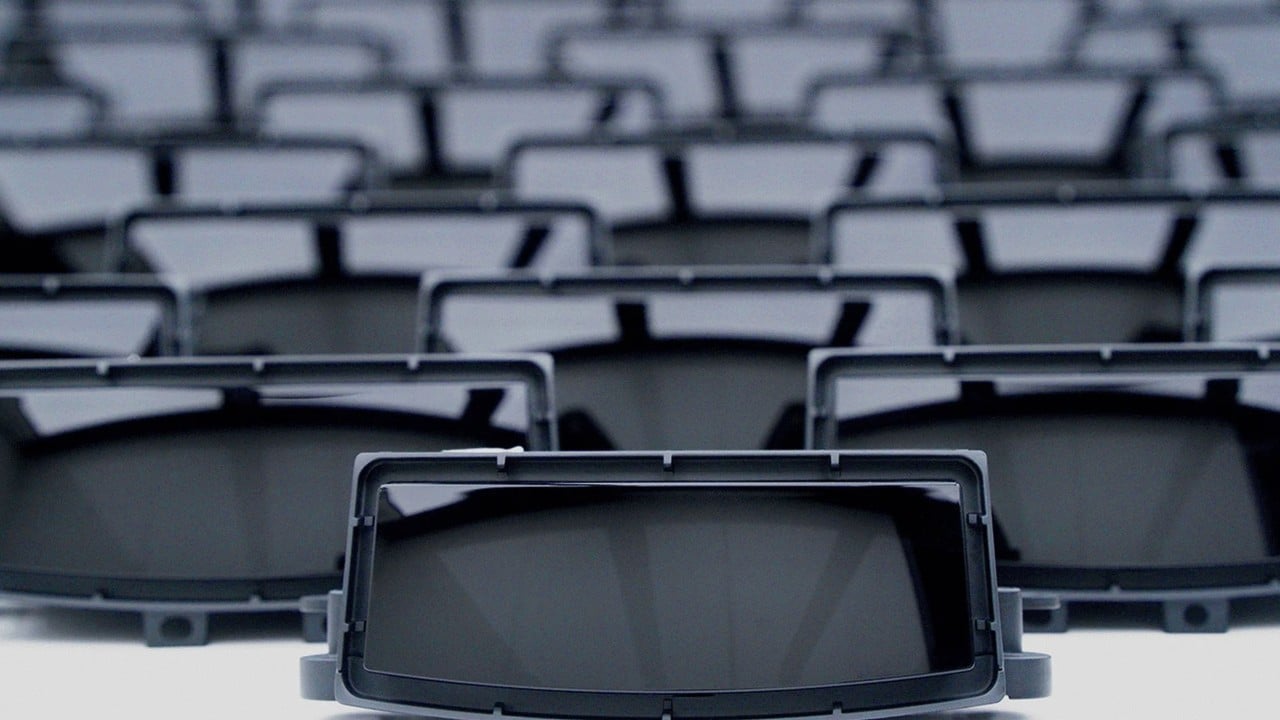A Financial Times report that the US Defence Department has decided to remove Hesai – a Chinese maker of remote sensors used in smart cars – from its blacklist has prompted a strong reaction from some Republican lawmakers.
“The Biden-Harris Administration should be doing more to restrict Chinese lidar companies, not giving China’s national champion the green light to infiltrate our military,” Senator Marco Rubio of Florida, a vocal congressional critic of China, posted on X, formerly known as Twitter.
Senator Rick Scott, also of Florida, called on the Pentagon to “immediately reverse the decision”, condemning it as “nothing but a gift to a CCP-controlled company that works for the military of Communist China”.
In December, Rubio and Scott wrote to US Defence Secretary Lloyd Austin to add Hesai to the Pentagon’s 1260H entity list, which specifically restricts Chinese companies operating in the US from some defence contracts. The Pentagon did so in January.
In May, Senator Bob Casey, Democrat of Pennsylvania, joined the pair in an appeal to the US stock index Nasdaq to “immediately revoke Hesai’s status as a publicly traded company in the United States and prevent further investment in a company that is supporting the Chinese military”.
Hesai’s preliminary registration statement to the US Securities and Exchange Commission in February 2023, when the company first started trading publicly in the US, said that it faced “risks associated with the fact” that the Chinese government had “significant authority in regulating our operations and may influence or intervene in our operations at any time”.
But in a November 2023 filing, Hesai said that its lidar sensors – short for light detection and ranging – were “not sold to the military” and that their use in military application was “expressly forbidden in Hesai contracts”.
“To the best of Hesai’s knowledge, the Chinese government does not own shares in Hesai, nor has it sought to influence Hesai’s business or management,” the company added.
After it was placed on the list, making the company ineligible to bid for defence contracts, Hesai sued the Pentagon, demanding an explanation for the move and questioning why the decision was made without advance notice.

In an email, the Pentagon declined to confirm or deny the Financial Times report, saying it could not comment “on ongoing litigation”.
The department has probably not made a final decision yet, according to two sources familiar with the situation. Hesai has not confirmed receiving any communication from the Pentagon regarding its removal from the blacklist.
The Chinese embassy in Washington welcomed the reports, saying it was happy that the US was correcting “discriminatory practices”.
In its latest court filing, the Pentagon defended placing Hesai on the blacklist, arguing that the “administrative record” contained “substantial” evidence of Hesai’s links to the Chinese Ministry of Industry and Information Technology through “research partnerships and projects”.
In response, Hesai disputed this characterisation, contending that the ministry was akin to the US Department of Commerce or agencies like the Federal Communications Commission and did not demonstrate that Hesai contributed to the Chinese defence industrial base.
Paul Triolo, who spent over 25 years in senior positions in the US government, described the issue as a “significant embarrassment” for the US because “it suggests that the justifications for putting a range of Chinese commercial companies on all the various lists may be suspect, and should all likely be re-examined”.
Triolo, now a partner for China and technology policy at the Albright Stonebridge Group consultancy, called any removal a potential “face saver” for the Pentagon.
He noted that it might be more prudent to remove Hesai from the blacklist rather than risk a legal ruling that could jeopardise the entire blacklisting process and set a precedent affecting other restricted Chinese companies.
“This is a complex issue because courts traditionally defer to US government agencies on national security-related issues, but as the Hesai case shows, shallow or unclear national security justifications need to be clearly backed with evidence, which apparently was lacking here,” Triolo said.
He added that the “criteria for inclusion on this particular list have never been clear”.
Craig Singleton, senior China fellow at the Foundation for Defence of Democracies, said that if the Pentagon did reverse on Hesai’s listing, it would reflect a broader challenge of “disparity” between the two nations.
“While US companies face unilateral actions without recourse in China, Chinese companies exploit the US legal system to their advantage,” he said.
“This disparity allows these entities to ‘get a vote’ in their regulatory treatment, effectively weaponising our legal framework to erode US policy from within.”


